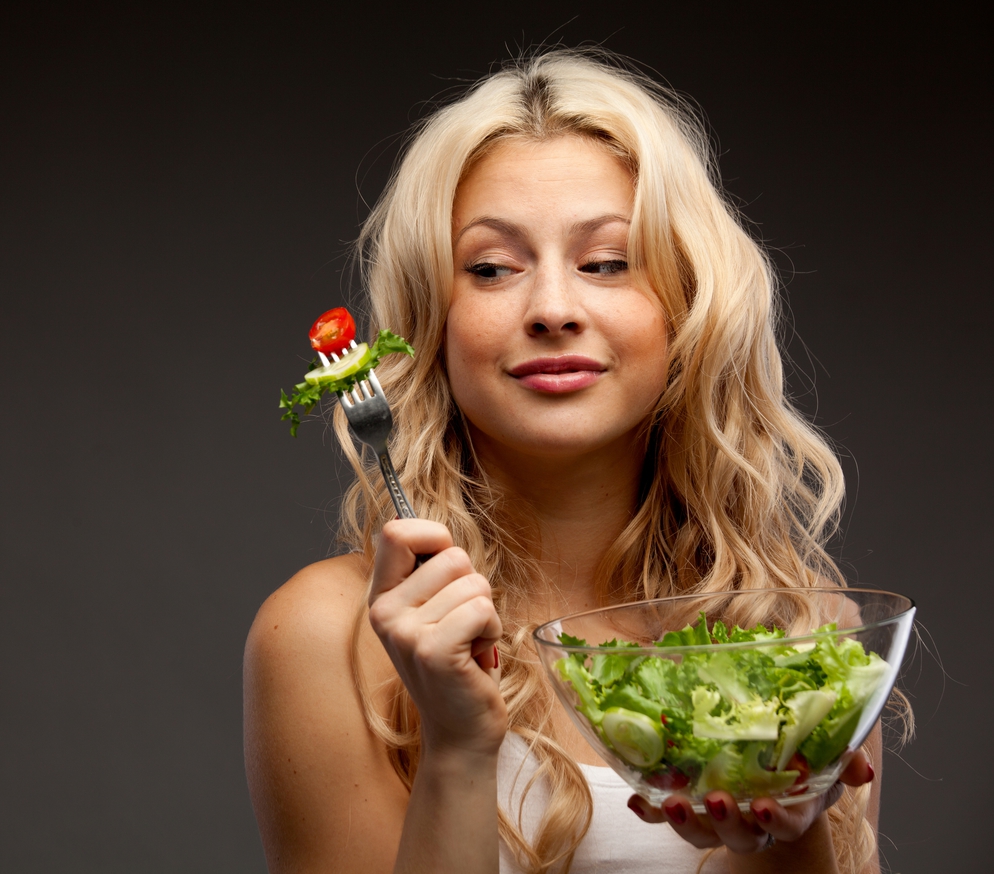Food is how we survive.
It can be enjoyable, tasty and bring together people. Food can also be a massive stressor for many people. Many people develop an unhealthy relationship with food.
Below are 10 signs that you have an unhealthy relationship with food.
Free Download: 9 Healthy Things You Can Do To Help You Live LongerHow Do You Know If You Have An Unhealthy Relationship With Food?
1. You Find Yourself Constantly Thinking About Food
The first sign that you have an unhealthy relationship with food is if you find yourself constantly thinking about food.
How much time throughout the day do you think about food? Think of it as a percentage. Is the percentage of time you think about food more or less than you thought it would be? If the percentage is higher than you thought, that is a good indication that your body is lacking the nutrition it needs. Our bodies are equipped with their own defense and alert systems.
If you’re preoccupied with thinking about what, when, where, how, or why in regard to food chances are that is your body telling you that it doesn’t have adequate nutrition and that needs to change.
2. You Have Started to Ignore Your Hunger Signals
This is another example of the body’s alert system. Hunger signals are helpful so your body stays nourished, and strong, and your mental health stays in tip-top shape. Ignoring these signs can be detrimental to your physical and mental health.
Examples of ignoring hunger signals include internal statements such as, “I shouldn’t be hungry yet” or “I don’t need to eat again.”
3. You’re Noticing Increased Anxiety Around Food
Do you experience increased anxiety around food? Do you become uneasy, stressed, anxious, nervous, or upset in regard to food?
When you have a healthy relationship with food you shouldn’t experience any negative emotions around eating food, someone else preparing food, what you’re eating, where you’re eating, or how you’re eating. Having constant anxiety around food will negatively impact your health.
4. You Feel Feelings Of Guilt Or Shame After Eating
If you experience feelings of guilt or shame after eating, it doesn’t only need to apply to eating unhealthy foods.
This feeling can happen even after eating healthy foods. It may happen regarding what you ate, how much you ate, or if you ate something you hadn’t originally intended to eat. When you have a healthy relationship with food, you should feel neutral or positive after eating. You shouldn’t have negative feelings after eating as eating nourishes your body.
5. You Can’t Talk About Food Or Dieting With Others
This is not limited to conversations and communications about your own food journey but extends to the subject of food in general.
If you’re unable to join a conversation about a new restaurant in town or engage in communication about food options with others, you don’t have a healthy relationship with food. While talking about food doesn’t have to be your favourite thing to discuss, you should be able to simply engage in some conversation regarding the topic as a whole.
Free Report: 9 Healthy Things You Can Do To Help You Live Longer6. You’re Scared To Try New Foods
Everyone has an inversion to some foods. Some people don’t eat meat or animal products. Others don’t eat food due to specific tastes or pallet preferences. There’s nothing wrong with not wanting to try every type of available food that is presented to you.
This becomes unhealthy when you don’t want to try anything new. For example, if you regularly eat tomatoes, you should be open to trying new recipes that include tomatoes. If you’re not open to this type of new food tasting with any food groups or food types, you may have an unhealthy relationship with food.
7. You Prefer To Avoid Eating Around Others
If you prefer to always eat alone or can’t eat in public, this is a strong indication that you have an unhealthy relationship with food.
Society is built around social interactions based on a mutual enjoyment of food. If you’re unable to eat around other people you can cause yourself to be isolated from others, lose connections, and become depressed.
8. You’ve Tried Lots Of Different Diets And Nothing Works
Dieting or working on healthy eating habits can be a good thing. Many people try dieting at one point in their life or another. It becomes unhealthy when you go from diet to diet and are never satisfied with the plan.
9. You Experiment with Extreme Dieting
Extreme dieting can be very dangerous. It includes eliminating entire food groups, consuming a very low number of calories, or “fad” diets. Extreme dieting dehydrates your body, your muscles break down, and your metabolism slows down. You also put yourself at risk for starvation, serious injury, or even death.
10. You Hide Food
The tenth sign that you have an unhealthy relationship with food is hiding food. This can include hiding food in your room so other members of your family don’t know you’re eating them, hiding food in your bags or purses, or in your car. This is another example of being ashamed or embarrassed by eating which is unhealthy and dangerous.
Free Download: 9 Habits To Help Your Health
Establishing healthy eating habits requires gradual changes, and that takes time. Don’t let your impatience get to you, and you’ll be eating healthy meals every day in a matter of months. The best thing is that you will enjoy every meal you eat. By altering your eating habits you can completely change the way your body feels and how it burns calories.
If you want to know exactly where you should be focusing your efforts to live a healthier lifestyle check out my free report Top 9 Things You Can Do For Your Health To Help You Live Longer. The choices you make about your lifestyle don’t mean that you and your loved ones have to live shorter lives.



